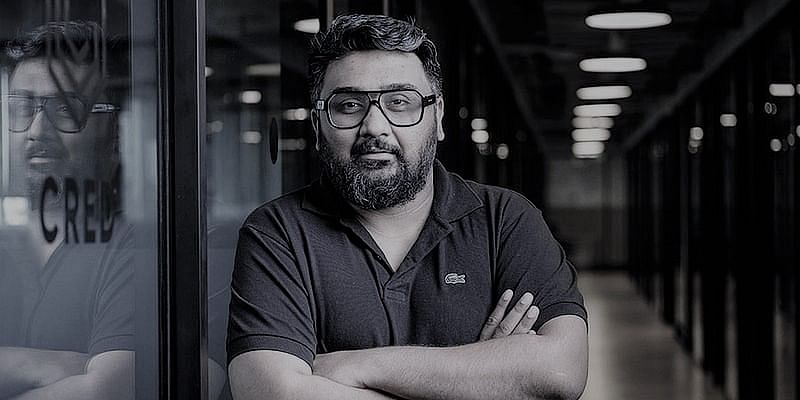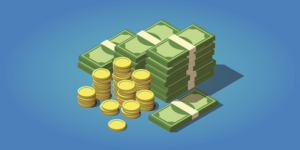Fintech unicorn CRED’s Founder, Kunal Shah, believes the battered Indian economy may bounce back by this Diwali (November). His bullishness comes on the back of pent-up demand and with the rider that India aggressively vaccinate its citizens against COVID-19 .
“I think if we get vaccination really aggressively, we may not have the same version of third wave. [sic] And we may see this Diwali to be the biggest Diwali that we have seen, because there’ll be this pent-up need to connect with human beings, splurge on ourselves and celebrate life again,” Kunal said while appearing on YourStory’s new show, Human Beyond Resources.
Before the coronavirus crisis hit in March 2020, the Indian economy was already going through its worst slowdown in a decade. Understandably, things went further south from there on.
The two waves of the pandemic along with the resultant lockdowns have left the economy deeply impacted.
India’s GDP (gross domestic product) contracted to 7.3 per cent (a record low) in the financial year ended March 2021, compared to the 11-year low of 4 per cent growth in FY2020 (ended March 2020).
CRED Founder Kunal Shah expects to some fireworks in the Indian economy soon
According to Kunal, “We are going to fully recover (economically) when a majority of us have vaccination. Vaccination also provides the RO reduction which means it doesn’t become as easy to spread the virus if more people exist. Imagine a superconductor becoming less conducter in nature and it’s not easy to just spread the virus now. [sic]
“I think the moment that happens, we will go back to a lot of the consumption thing. I think there’s a lot of pent-up demand, travel has a lot of pent-up demand, consumption has a pent-up demand, eating out has a pent-up demand.”
Several industry experts have indeed spoken about what has come to be known as ‘revenge buying’ and ‘revenge travel’, a term used to describe the apparent pent-up demand from consumers who have been locked in for months owing to the pandemic.
The concept of revenge shopping or spending has its origins in 1980s China. It was used to describe the booming consumer demand post the poverty of the Cultural Revolution — a sociopolitical movement in China launched by Communist revolutionary Mao Zedong in 1966 that lasted till his death in 1976.
Last year, the term was reapplied by researchers to describe the resurgence in luxury goods purchases in China, post the easing of the lockdown across the country.
Kunal believes, “It (revenge buying) is already happening. We see it already on online spends, people are buying way more than what they used to buy before, be it groceries or stuff that is available.” The spends will only climb further north once there is a sense of the pandemic ending, he added.
“I do believe that they (consumers) will splurge a lot more when the pandemic seems to be going away because the stock market has been going up, so wealth creation happened a lot more.
“We have seen that there has not been a salary loss for at least the top affluent segment. The segment that has got impacted, which is the workforce, which is the middle class that is really impacted. [sic] I think that is what we need to see coming back to jobs, moving back to the cities and doing more work, I think that’s going to start happening,” according to Kunal.
The Narendra Modi government has promised to vaccinate the entire adult population of India by the end of 2021 by ramping up vaccine production to two million doses between August and December this year.










